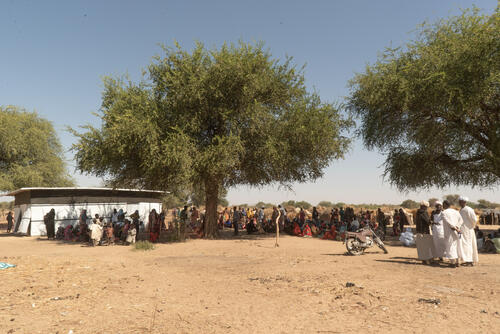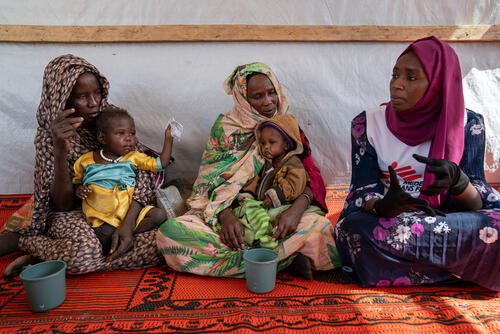Our teams provide medical care and assistance to displaced people and local communities, who often struggle with a lack of food, in the east and the south of the country.
We work to prevent or help mitigate the seasonal peaks of malnutrition and malaria among children, including across the Sahel region in Adre, on the border with Sudan, which is an area marked by violence and displacement.
We also improve healthcare for women and children, and work on preventing and responding to measles outbreaks.
An emergency response unit (CERU) in southern Chad is capable of delivering medical care in under 72 hours. The CERU responds to emergencies including measles outbreaks, influxes of refugees fleeing the Central African Republic, and intercommunal clashes.
Our activities in 2023 in Chad
Data and information from the International Activity Report 2023.
1,230
1,23
€57.8 M
57.8M
1981
1981
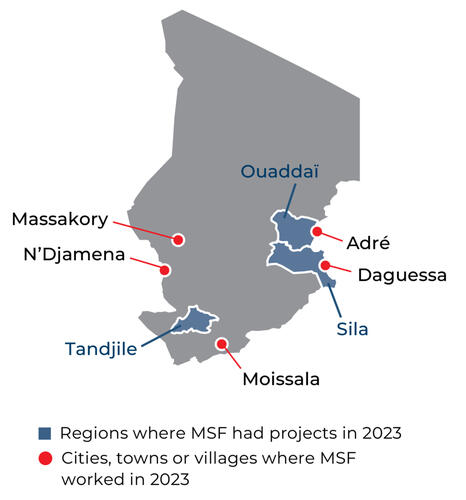

173.19M
173.19M
1,358,900
1,358,9
63,100
63,1

29,700
29,7
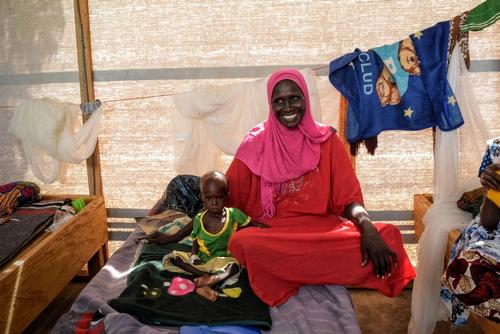
Voices from the field
I looked after her for seven days at home but after that knew I had to get her to a clinic.Zara Abba visited MSF intensive care unit in Bokoro with her granddaughter.
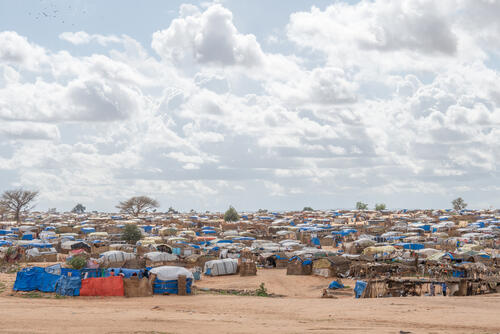
Echoes from Darfur
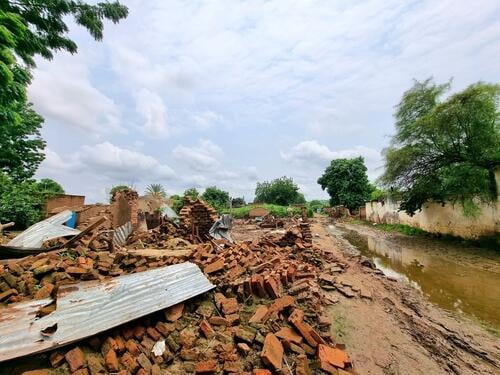
One month after floods in Koukou
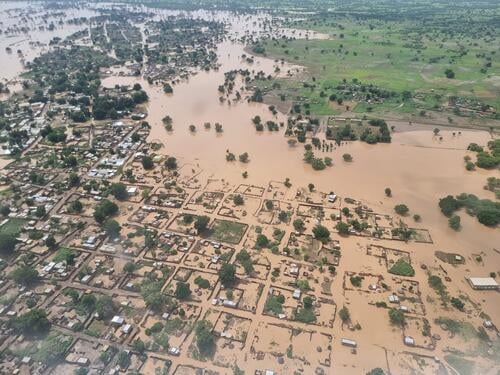
Rapid response needed in Koukou as thousands flee worst floods in living memory
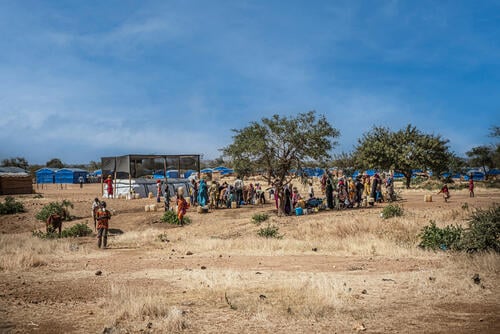
Urgent action needed as hepatitis E spreads through Sudanese refugee camps in Chad
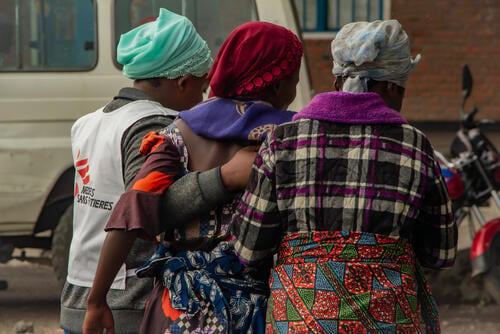
Women on the frontline: Defying the consequences of conflict to care for each other
